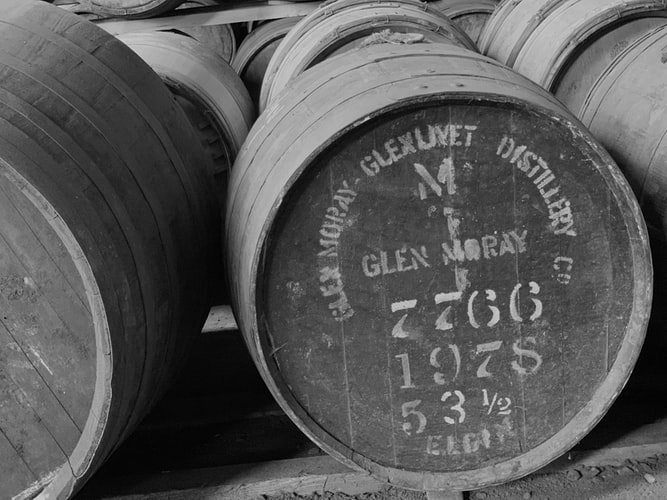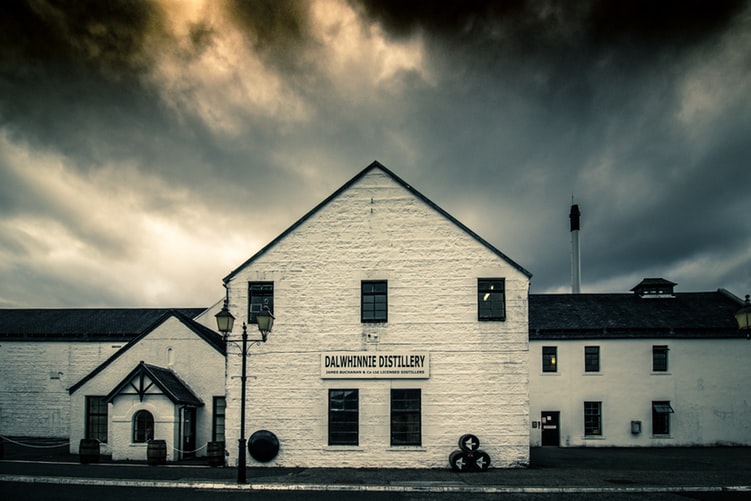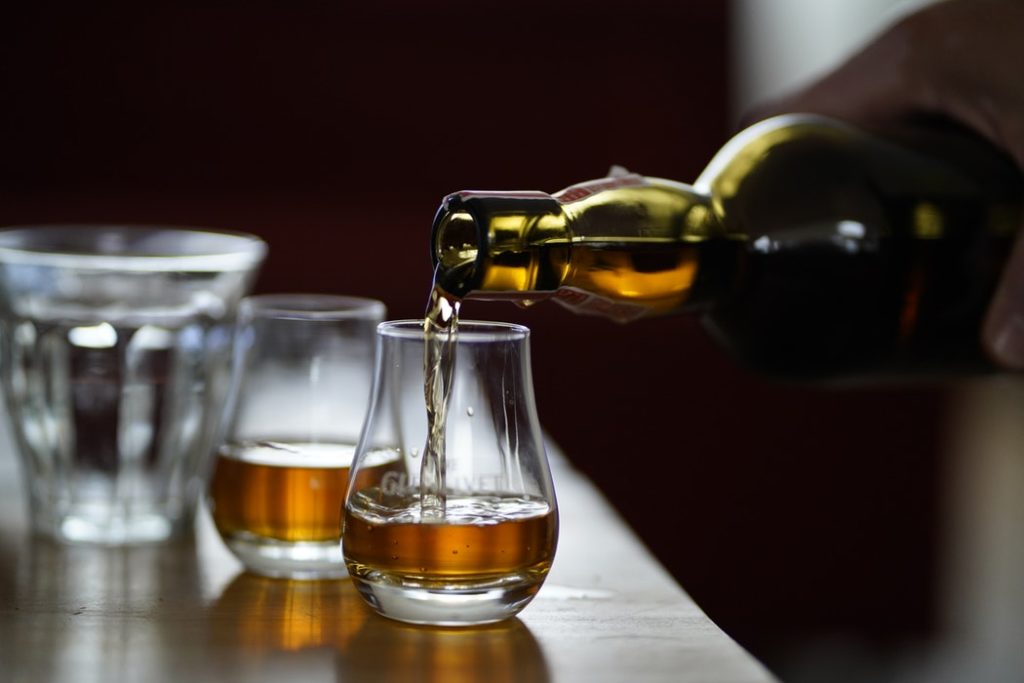Undoubtedly whisky has had a very positive impact on Scotland over time thanks to its success and popularity around the world. This export has become a global commodity and has helped put Scotland on the map. As well as people wanting to learn more about whisky’s history and distillation process many people come to Scotland to visit and explore the country.

Popularity Of Whisky In Scotland
Whisky in Scotland is considered a national drink and very much as a historic institution. It is seen as a drink for special occasions and typically appeals more to the older generations rather than the younger ones. One of the main reasons why whisky remains popular in Scotland is its heritage and history.
Essentially whisky is considered a national drink as it was created in Scotland and has been produced there for hundreds of years using the same process. As a result it has remained popular across the country.
Whisky And Tourism
Tourism is a major contributor to Scotland’s economy as it sees millions of visitors from across the world visit every year. Due to whiskys commercial success around the world many people visit Scotland to find out more about whisky and how it is made as well as its country of origin.
There is a clear and noticeable link between visitors numbers and the whisky industry as distilleries across Scotland keep a record of their visitors numbers. It is thought that last year there were millions of visits made to distilleries across Scotland. Part of the reason for this has been the wide of promotion of Scotland online as well as in TV adverts and brochures sent across the world.

What Sets Scotch Whisky Apart From Other Alcoholic Drinks?
There is a lot that sets apart scotch whisky apart from other alcoholic drinks. One of the most notable differences between scotch whisky and alcoholic drinks is the overall taste. Scotch whisky is influenced by flavours such as smoke and peat which is part of the distillation process and these flavours can become infused into the drink.
Another key factor that sets scotch whisky apart from other alcoholic beverages is its distillation and ageing process. Unlike most other alcoholic beverages whisky requires considerable lengths of time to become eligible for consumption. For a typical scotch whisky to be sold as scotch it must be aged for a minimum of three years in Scotland before being sold.
It is not unusual for 10 or 12 year old whisky’s to be sold and the older and rare the type of whisky the more the value typically rises overall.

Conclusions
Overall to conclude there is a lot that can be said about the Scottish whisky industry and the benefits it has given Scotland as a whole. Whisky remains one of Scotland’s most valuable exports and will continue to be sold around the world for many years.
Undoubtedly tourism in Scotland has benefited from visitors interest in the distilleries Scotland has. Tourism and the whisky industry have close connections that should continue well into the future.
